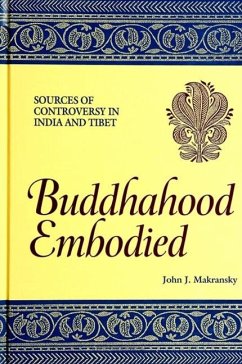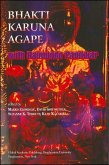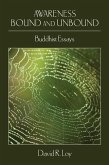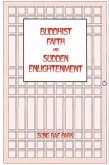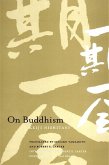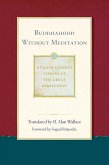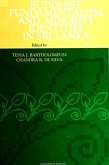To enter the Mahayana Buddhist path to enlightenment is to seek both to become free from our dualistic, deluded world and to remain actively engaged in that world until all others are free. How are these two apparently contradictory qualities to be embodied in the attainment of buddhahood (dharmakaya)? How can one's present practice accomplish that? These questions underlie a millennium-old controversy over buddhahood in India and Tibet that centers around a cherished text, the Abhisamayalamkara. Makransky shows how the Abhisamayalamkara's composite redaction, from Abhidharma, Prajnaparamita, and Yogacara traditions, permitted its interpreters to perceive different aspects of those traditions as central in its teaching of buddhahood. This enabled Indians and Tibetans to read very different perspectives on enlightenment into the Abhisamayalamkara, through which they responded to the questions in startlingly different ways. The author shows how these perspectives provide alternative ways to resolve a logical tension at the heart of Mahayana thought, inscribed in the doctrine that buddhahood paradoxically transcends and engages our worlds simultaneously.
Hinweis: Dieser Artikel kann nur an eine deutsche Lieferadresse ausgeliefert werden.
Hinweis: Dieser Artikel kann nur an eine deutsche Lieferadresse ausgeliefert werden.

